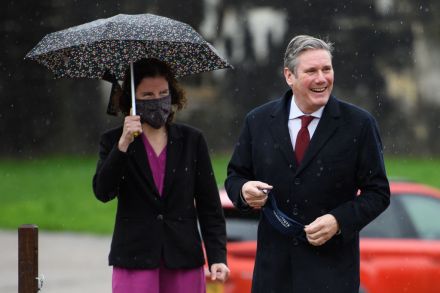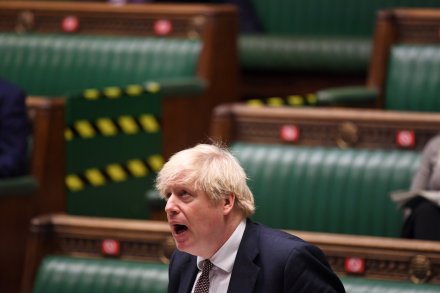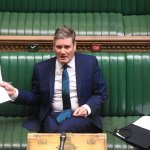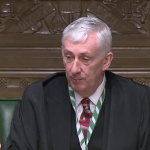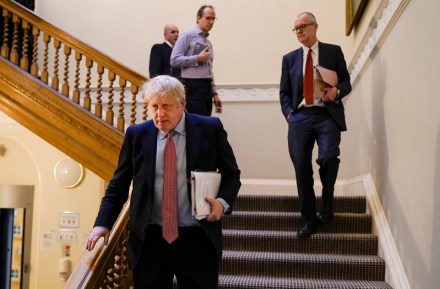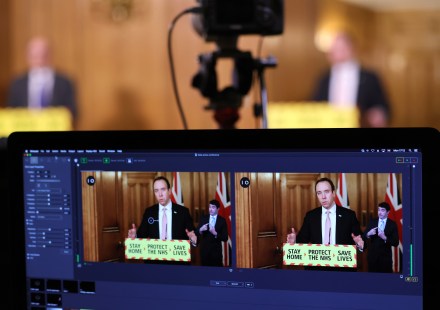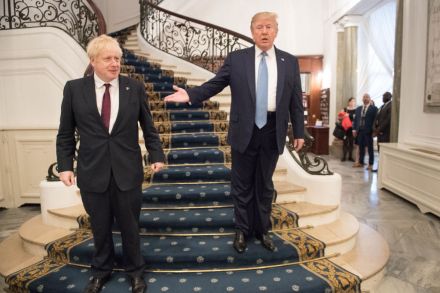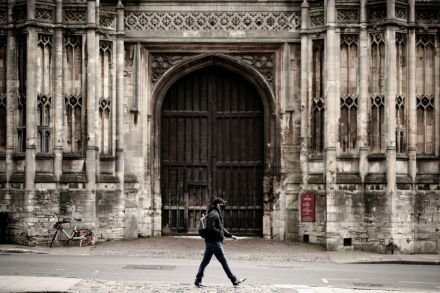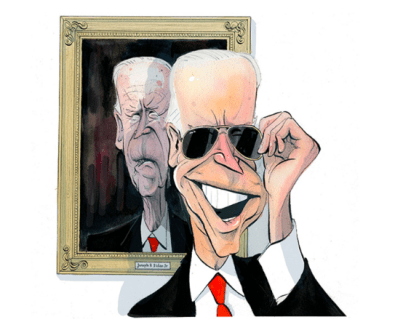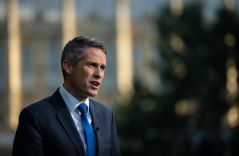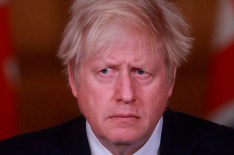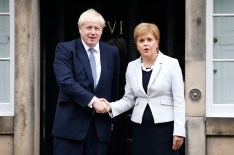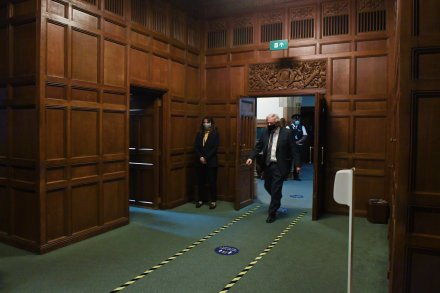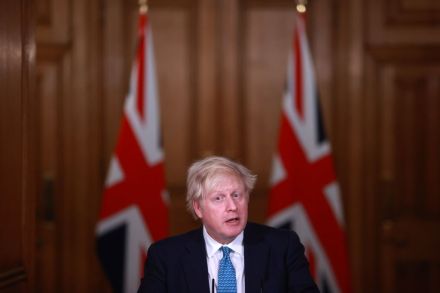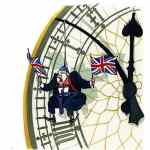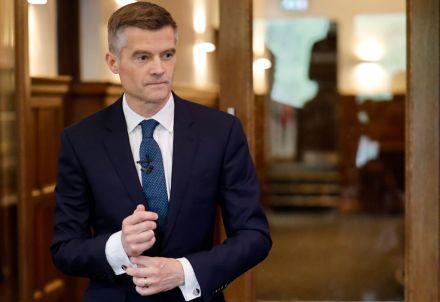Tories should start taking Starmer’s new Labour seriously
The shadow chancellor Anneliese Dodds’s speech last night has received little attention. But it would be a big mistake for the Tories to ignore what Dodds had to say on the new direction she hopes to steer the Labour party in. Don’t laugh, but in years to come, last night could be seen as a significant turning point for Keir Starmer’s party. For a start, the lecture was entirely free of sanctimony, which in and of itself marks a huge break with recent Labour history. Gone were blank attacks on ‘austerity’ or weepy complaints about the Tories being heartless; instead, Dodds put forward a case for why a social democratic approach to the economy
